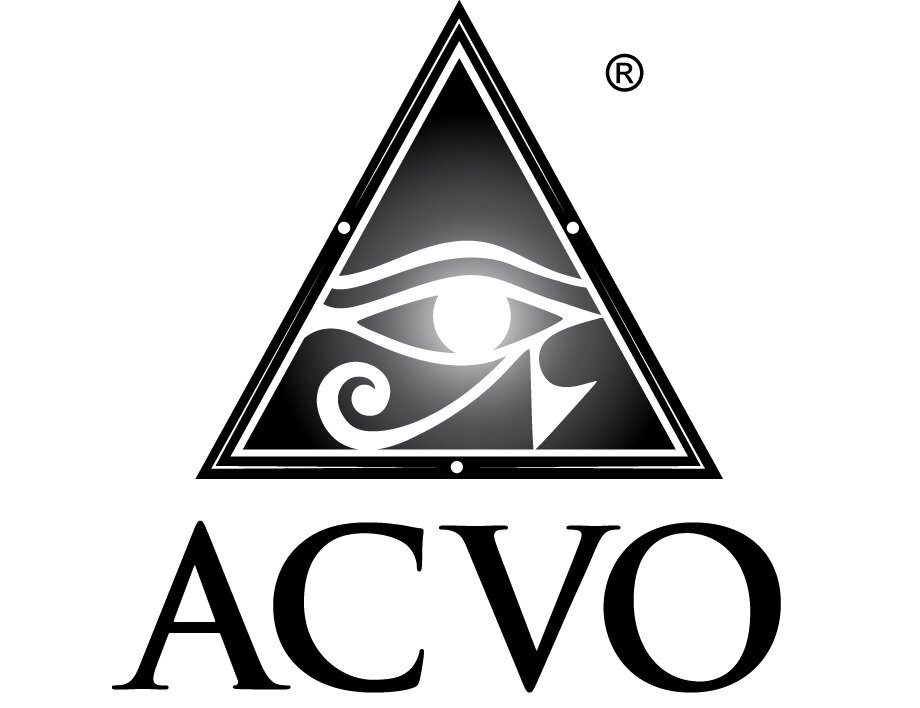Proptosis
Brady Beale, VMD, DACVO
What is an Ocular Proptosis?
Proptosis describes a condition in which the globe protrudes from the orbit, the eyelids trap the globe from behind, and tissues swell profoundly, preventing it from returning to a normal position.
What causes proptosis?
Acute trauma is the most common cause, but the eyes of brachycephalic (short-faced) dogs can develop a proptosis with manual restraint or excessive leash-pulling alone.
How is proptosis diagnosed?
An accurate history and a thorough eye exam will confirm a diagnosis of proptosis. It is important to distinguish a proptosis from:
buphthalmos in which the globe has enlarged from chronically high pressures of glaucoma and
exophthalmos, a protrusion of the globe caused by a mass or infection pushing the eye forward from within the orbit.
How is a proptosis treated?
Proptosis is an emergent situation that usually requires immediate replacement of the globe under general anesthesia. Immediate triage care prior to surgery, including placing of an elizabethan collar, lubricating the exposed tissues, and administering appropriate pain management, provides the greatest chances of preserving vision and preventing the loss of the globe. Surgery usually requires placement of temporary sutures in the eyelids to protect the exposed globe tissues and allow orbital swelling to resolve. Eyelid sutures are left in place for a minimum of two to three weeks while the damaged tissues heal.
What is the prognosis for proptosis?
There are several complications that can arise from proptosis. Vision loss, chronic tear film deficiencies, permanent or temporary nerve or orbital muscle damage, and exposure of the corneal tissues due to decreased blink response are a few of the complicating factors that can lead to ocular discomfort. The severity of the complications is dependent on the inciting cause and severity of the orbital trauma and also the breed and anatomy of the affected patient. Identification and management of all of these potential complications is imperative for your pet to live with good comfort and good cosmesis of the globe. Enucleation, or removal of the globe, is indicated in permanently damaged or chronically painful situations. The long term prognosis for globe comfort is excellent if proptosis is addressed appropriately and completely.
